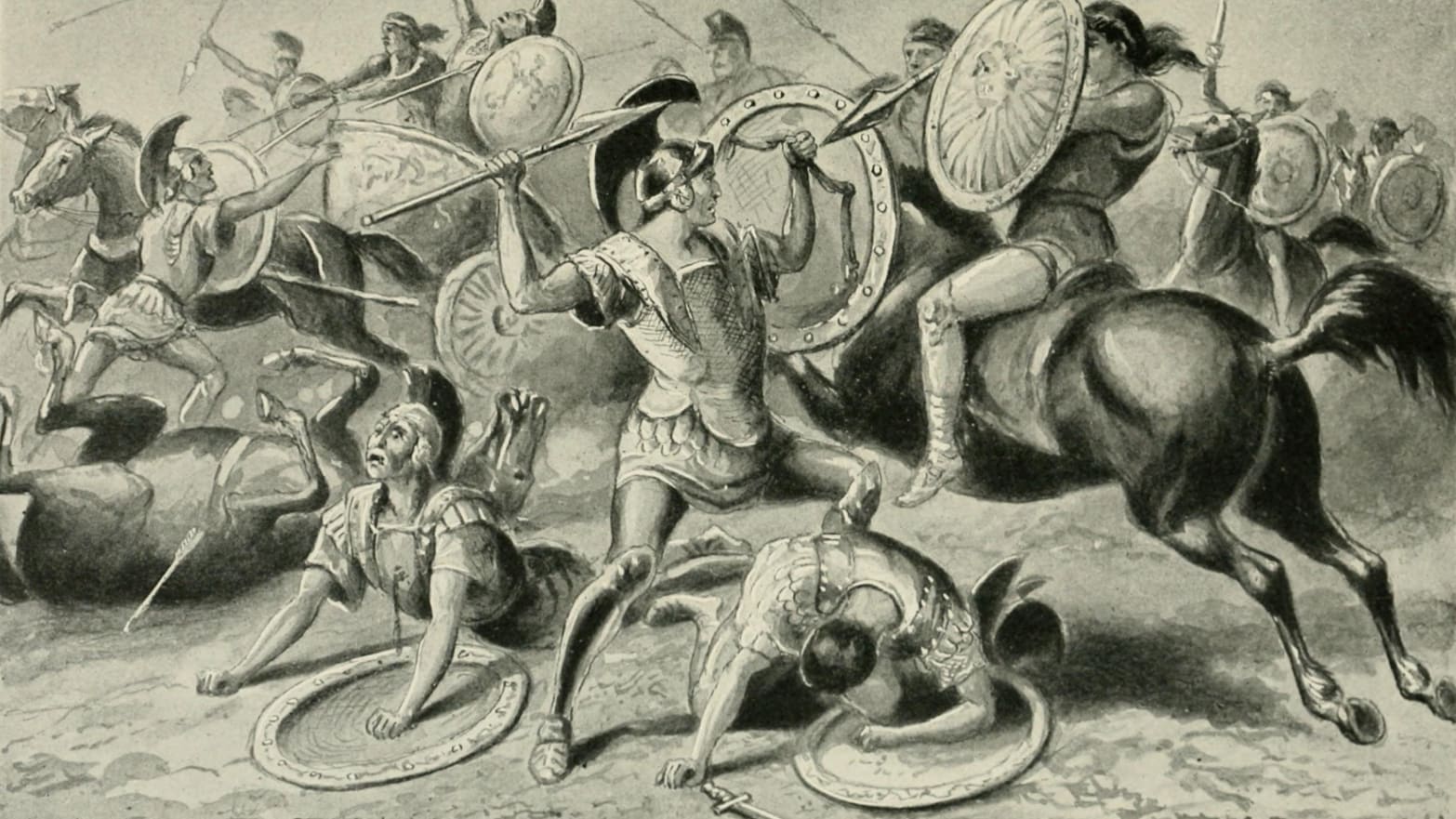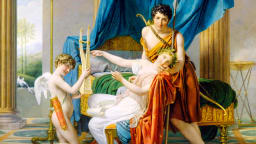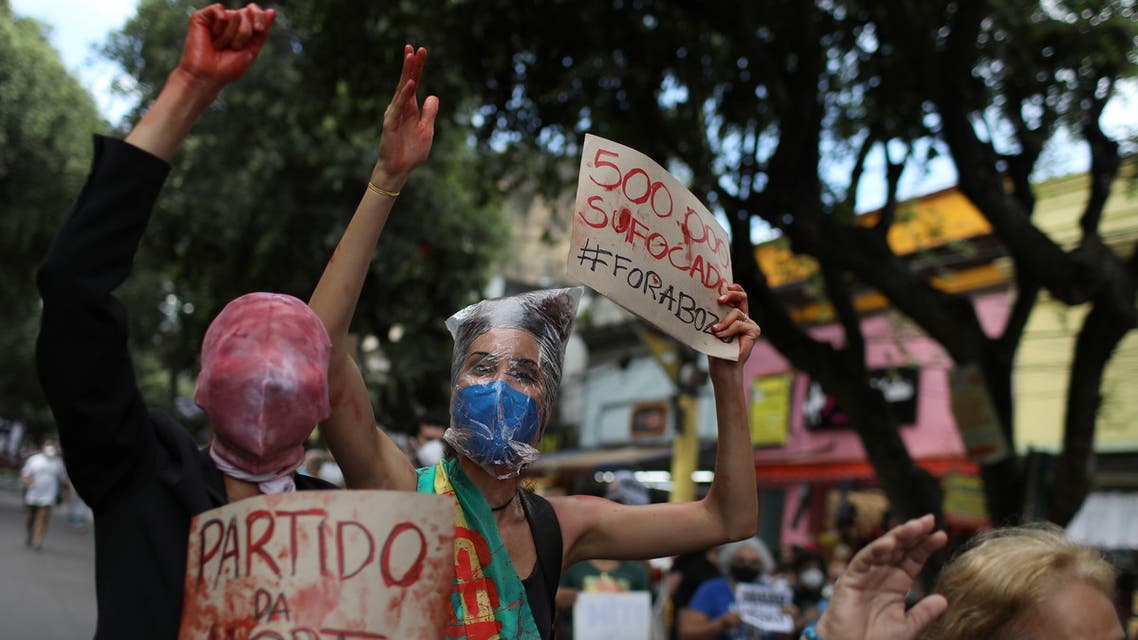 |
| ALL FATHER--ODIN--WOTAN |
It’s possible that I shall make an ass of myself. But in that case one can always get out of it with a little dialectic. I have, of course, so worded my proposition as to be right either way (K.Marx, Letter to F.Engels on the Indian Mutiny)
Sunday, June 20, 2021
HAPPY SOLSTICE
SOL INVICTUS
NASA, USPS team up to create stunning sun stamps
The stamps showcase a decade of sun-watching from space
The U.S. Postal Service has issued a new set of stamps celebrating 10 years of sun-watching from the National Aeronautics and Space Administration's (NASA) Solar Dynamics Observatory (SDO).
On June 18, the stamps were presented during a ceremony at the Greenbelt Main Post Office in Maryland, according to a Friday NASA release.
"It’s such a pleasure to see these gorgeous stamps," Dr. Nicky Fox, Division Director for NASA’s Heliophysics Division at NASA Headquarters in Washington, D.C., said in the announcement. "I look at each of these pictures from the Solar Dynamics Observatory and am reminded of how they help us learn more about the sun and the way its constantly changing atmosphere can affect Earth and the planets. I’m pleased that this imagery will be shared by the Postal Service with the whole country."
The sun, the heart of the solar system, may be almost 93 million miles from the Earth, but in SDO photos it appears in stunning detail.
The mission was first launched in February of 2010, providing researchers with a better understanding of how solar activity is created and impacts space weather in addition to obtaining critical measurements of the star's interior, atmosphere, magnetic field and energy output.

The dark area capping the northern polar region of the Sun is a coronal hole, a magnetically open area on the Sun from which high-speed solar wind escapes into space. Such high-speed solar wind streams can spark magnificent auroral displays on Earth when they collide with our planet’s magnetic field. These images were captured May 17-19, 2016, and the image on the stamp is from May 17. The images show the Sun in 211 Angstrom light, a wavelength of extreme ultraviolet light. This type of light is invisible to our eyes and is absorbed by Earth’s atmosphere, so it can only be seen by instruments in space. (NASA/SDO)
Using two imaging instruments – the Atmospheric Imaging Assembly and the Helioseismic and Magnetic Imager – the SDO began collecting data a few months after its launch, providing ultra high-definition imagery of the sun in 13 different wavelengths of light.
After more than a decade of observation, SDO has provided scientists with hundreds of millions of pictures.

This view highlights the many active regions dotting the Sun’s surface. Active regions are areas of intense and complex magnetic fields on the Sun – linked to sunspots – that are prone to erupting with solar flares or explosions of material called coronal mass ejections. This image was captured on Oct. 8, 2014, in extreme ultraviolet wavelength 171 Angstroms. (NASA/SDO)
The 10 SDO images on the stamps display a range of solar activity witnessed by the spacecraft.
For example, a coronal hole – a magnetically open area from which high-speed solar wind is released into space – caps the northern polar region on the sun.

These images show a burst of material from the Sun, called a coronal mass ejection. These eruptions of magnetized solar material can create space weather effects on Earth when they collide with our planet’s magnetosphere, or magnetic environment – including aurora, satellite disruptions, and, when extreme, even power outages. These images are a blend of extreme ultraviolet wavelengths 171 and 304 Angstroms, captured on Aug. 31, 2012. (NASA/SDO)
An active sun is shown on another stamp, highlighting areas of intense and complex magnetic fields on the sun that are prone to erupting with solar flares or explosions.
A plasma blast is shown with a coronal mass ejection – an eruption of magnetized solar material that can create space weather effects on Earth.
Coronal loops, sunspots and solar flares are also featured in hues of red, orange and blue.
Natalia Goodwin

A group of Black and Indigenous families brought their case for defunding Canadian police forces to the steps of Prime Minister Justin Trudeau's office across the street from Parliament Hill on Saturday.
The Ottawa rally included the families of 10 people who either died or were injured during encounters with police: Anthony Aust, Eishia Hudson, Regis Korchinski-Paquet, Jermaine Carby, Jamal Francique, Chantel Moore, Andrew Loku, Abdirahman Abdi, Rodney Levi and Chantelle Krupka.
Each family shared their own stories, and some called on the federal government to make changes to defund, disarm and dismantle police forces across the country. Some who spoke said they want to see money that usually funds police groups go to the families affected by the violence.
The event was held one day after a video surfaced of Montreal police kneeling on a 14-year-old's neck. It also coincided with Juneteenth, a holiday commemorating the end of slavery in the United States that was just made a federal holiday.
"We're seeing police killings happening on the regular, where now it's just something that we see on the news and we just sort of move on with our lives," said Syrus Marcus Ware, one of the rally's organizers and a core team member with Black Lives Matter Toronto.
"It is outrageous that we've come to accept this level of brutality from a force that we pay for — billions and billions of dollars that could be reinvested into our communities."
Ware said it was important for families to tell personal stories about their loved ones instead of relying on reports from media or police, which Ware criticized as flawed.
Victim's mother wants action, not an apology
Nhora Aust spoke about her son, Anthony Aust, who died after he fell from a 12th-floor bedroom window in Ottawa during a no-knock raid at his home. Ontario's police watchdog was investigating his death.
Nhora Aust said she doesn't want an apology, but rather action from the federal government.
"They not only took my son's life. They took my life, they took his father's life, his siblings' [lives]," she said.
"I am asking you to stop doing this, because as we speak … every day there are children going through this, there are families going through this."

'The system is built against us'
William Hudson told those in attendance about his 16-year-old daughter Eishia Hudson, who died after being shot by police in Winnipeg in April 2020.
"She had her whole life ahead of her," Hudson said. "She was a good kid, didn't have a criminal record."
The Independent Investigation Unit of Manitoba, one of Manitoba's police oversight agencies, looked into the case — but the officer who shot her was cleared of any wrongdoing.

"Why is it that former police, ex-cops, [are] working in these investigations units?" Hudson asked the crowd.
"The system is built against us, and it's why we're here today, standing together."
In an interview with CBC's The House, Public Safety Minister Bill Blair said the federal government recognizes that systemic racism exists in Canada's criminal justice system and that they're committed to change th
FROM MY EMAIL BOX
The Victorious Gay Greek Army That Got Canceled by History
Everybody names sports teams after the Spartans even though they were losers,
James Romm
Updated Jun. 20, 2021

Public Domain
Why do we see so many football and rugby teams named for the Spartans, and only one for the Thebans, though Thebes in fact defeated Sparta in battle and ended its reign as superpower of Greece? The explanation lies deep in the prejudices of ancient Greek historians and thinkers, as does the inspiration for that one exception: The Caledonian Thebans, Scottish ruggers who define themselves as gay, bisexual, or LGBTQ-inclusive.
Let’s start by noting that Greek Thebes (not to be confused with the Egyptian city of the same name) had unusually gay-friendly laws and social customs. Plato, who examined male love relationships in his dialogue Symposium, singled out Thebes and one other city, Elis, as places where such bonds were natural and normal, whereas, in his native Athens, they were more “complicated.”
The Thebans drew on this normative view of male love in 378 BC by training male couples as infantry soldiers and stationing them together in battle. One hundred and fifty such couples formed a powerful regiment, the Sacred Band, that led Thebes to victories over the dreaded Spartans. One of those victories, at Leuctra in 371 BC, destroyed as much as a third of Sparta’s military manpower and ended its long supremacy.
Plato seems to allude to the Sacred Band’s stunning success in Symposium, a work written at about the time of Leuctra, when he has one of his characters say that “an army of lovers and their beloveds, fighting side by side, though few in number, might defeat nearly the entire world.” A version of that quote is proudly displayed on the website of Caledonian Thebans, who claim the Sacred Band as the inspiration for their team.
But Plato does not call this army of lovers the Sacred Band or credit Thebes with its creation. Indeed, he disparages Thebes in Symposium as a society of tongue-tied numbskulls. The Thebans only encourage male unions, he has his speaker assert, because they are clumsy at finding words for seduction, unlike the elegant, fine-spoken Athenians. This remark played into a widely held Greek bias against the Thebans, who were sometimes referred to as “swine” or mocked for their rustic accents.
Lost Sappho Poems Found
FOUND
James Romm

Plato’s contemporary, Xenophon, shared this anti-Theban bias and also admired the Spartans as models of moral perfection. He’d fought under a Spartan commander and received a country estate as a gift from Sparta, and in his many writings he did his best to glorify that city. That meant diminishing Thebes and casting its victories over Sparta in the worst possible light, or even pretending they’d never happened at all.
Xenophon’s Symposium, written in response to Plato’s work, reveals the full depth of these prejudices. Like Plato, Xenophon makes Socrates the central speaker of this dialogue (both men had been students of Socrates as youths). At one point this fictionalized Socrates derides the Theban custom of placing lovers side by side in battle. They only do so, “Socrates” asserts, as a safeguard against desertion; each man keeps an eye on his partner to stop him from running away.
Xenophon’s Socrates contrasts this system with that of the Spartans, whose soldiers may fall in love but, he claims, never have sexual contact (an assertion that flies in the face of known facts). The Spartans, he says, do not need to put couples together in battle, since each man is brave on his own and does not need a watchdog. The whole discussion, with its equation of male sexual love and cowardice, adds a layer of homophobia to the standard Greek slurs against Theban witlessness and poor speech.
Modern readers can sometimes spot and correct for these biases, but outright omissions are harder to overcome, because we depend on Xenophon for so much of our record of Greek history. His chronicle Hellenica (published by Penguin under the title History of My Times) is our sole surviving contemporary account of the decades that saw the rise of Thebes and the decline of Sparta, 379 to 362 BC, but they give a very slanted and partial version of events.
In moves we might today ascribe to cancel culture, Xenophon passed in silence over some of the Theban achievements in this era, including the victories of the Sacred Band. He never gives the Band their honorific name, referring to them blandly as “the chosen men of the Thebans.” He omits altogether their first victory over Sparta, in 375 BC, an event described by another ancient source as a seismic shock to the collective Greek world.
“The Theban “gay 300,” as some have cheekily called them, are little known today.”
Sparta by that time was in steep population decline. It maintained its hold over Greece by projecting a mirage of strength, filling out its infantry ranks with unwilling conscripts or second-rate troops. Supporters like Xenophon helped it maintain that mirage, emphasizing Spartan successes in their writings and minimizing setbacks or erasing them altogether.
The mirage endures to this day. Our popular versions of ancient Greek military life pay huge tribute to Sparta but take no notice of Thebes. Zack Snyder’s two 300 films, based on the battles of Thermopylae (as depicted by graphic novelist Frank Miller) and Salamis in 480 BC, made the line “This is Sparta!” a kind of macho rallying cry, and created the meme of a muscle-bound, largely naked male figure, sporting the Spartan Λ (lambda, for “Lacedaemon,” Sparta’s home region) on his shield, as an emblem of prowess and strength.
It’s hard to imagine that anyone, ever, will shout “This is Thebes!” with similar gusto. Xenophon largely effaced the fame of this city and its Sacred Band. The Theban “gay 300,” as some have cheekily called them, are little known today, in spite of the fact that they too, like the Spartans at Thermopylae, were destroyed to a man as they fought in a hopeless struggle. Alexander the Great mowed them down, in 338 BC, at the battle of Chaeronea in northern Greece. As a tribute to their courage, they were buried where they fell; their mass grave was excavated in 1880.
All of which makes one grateful that the Caledonian Thebans, “Scotland’s premier inclusive rugby team,” helps keep the memory of the Sacred Band alive.
Police shoot pickup truck driver who mowed down cyclists during race: cops
Report is not, as he contends, an exoneration of his actions in D.C. park.
JUNE 17, 2021 —
An independent report last week on last summer's violent crackdown on protesters at Washington's Lafayette Park gives a misleading and inaccurate portrayal of events culminating in President Donald Trump's silly photo-op outside an adjacent church.
The National Park Service might have a valid claim of innocence for having planned to clear the area well before Trump's escapade, as an Interior Department inspector general's report found. But there were plenty of other actors on the scene — ordered up by the Trump administration — with the specific, predetermined mission of using force to clear protesters out so Trump could stand in front of St. John's Episcopal Church holding a Bible.
 The government action was excessive. The Black Lives Matter protesters were not engaged in violence at the time, although some protesters had previously engaged law enforcers, injuring 49 U.S. Park Police officers. At the time of the confrontation on June 1, 2020, nonviolent protesters were exercising their First Amendment right to express outrage over the police murder, days before, of George Floyd in Minneapolis. They were actually moving away from the park when law enforcers other than U.S. Park Service police deployed chemical irritants against them.
The government action was excessive. The Black Lives Matter protesters were not engaged in violence at the time, although some protesters had previously engaged law enforcers, injuring 49 U.S. Park Police officers. At the time of the confrontation on June 1, 2020, nonviolent protesters were exercising their First Amendment right to express outrage over the police murder, days before, of George Floyd in Minneapolis. They were actually moving away from the park when law enforcers other than U.S. Park Service police deployed chemical irritants against them.Unfortunately, Trump interpreted the inspector general's report as "Completely and Totally exonerating" him. The report was anything but an exoneration. Trump, hardly a religious man, had absolutely no need, other than his own political promotion, to stand in front of St. John's Church that day. The Bible he used was a prop.
Inspector General Mark Lee Greenblatt limited the investigation to the decisionmaking and actions of the Park Police, exclusive of other agencies deployed outside the park, including the National Guard, Secret Service and District of Columbia police. Central command authority rested with the Secret Service, which was fully informed of Trump's plans.
"The evidence showed that the USPP Park Police did not know about the President's potential movement until mid- to late afternoon on June 1 — hours after it had begun developing its operational plan and the fencing contractor had arrived in the park," the report said. If Park Police were at fault, the report said, it was for failing to use adequately loud sound equipment so protesters could hear orders to clear the area. When they didn't move, Trump's forces advanced on them as a National Guard helicopter hovered low overhead.
There were plenty of other egregious missteps by commanders and personnel on the ground that needlessly turned a loud but orderly protest into a street battle — all so Trump could stage a buffoonish attempt at self-glorification.
FROM AN EDITORIAL IN THE ST. LOUIS POST-DISPATCH

People participate in a demonstration against Brazil's President Jair Bolsonaro's handling of the coronavirus disease (COVID-19) pandemic and to impeach him, in Manaus, Brazil, June 19, 2021. The banners read “Party of Death” and “500,000 suffocated.” (Reuters)
Published: 20 June ,2021
Anti-government protesters took to the streets in more than a score of cities across Brazil on Saturday as the nation’s confirmed death toll from COVID-19 soared past half a million — a tragedy many critics blame on President Jair Bolsonaro’s attempt to minimize the disease.
Thousands gathered in downtown Rio de Janeiro waving flags with slogans such as “Get out Bolsonaro. Government of hunger and unemployment.”
“Brazil is experiencing a great setback. The country was an exemplary country for vaccination in the world. We have widely recognized institutions, but today we are in a sad situation “, said Isabela Gouljor, a 20-year-old student who joined the protest in Rio.
Other marchers hoisted posters reading: “500 thousand deaths. It’s his fault,” alluding to Bolsonaro.
Similar marches took place in at least 22 or Brazil’s 26 states, as well as in the Federal District, Brasilia. They were promoted by left-wing opposition parties who have been heartened by Bolsonaro’s declining poll ratings with next year’s presidential race looming.
“Get out Bolsonaro, genocidal,” yelled Rio demonstrators, some of them wearing t-shirts or masks with the image of former leftist President Luiz Inacio Lula da Silva — who leads Bolsonaro in some polls.
In São Paulo, protesters dropped red balloons as a tribute to the victims of the virus
Bolsonaro’s supporters have taken more often to the streets over the past month, in large part because many agree with his dismissal of restrictions meant to stifle the coronavirus and anger that lockdown measures have hurt businesses.
Critics say such messages, as well as Bolsonaro’s promotion of disproven treatments such as hydroxychloroquine, have contributed to the soaring death toll and a sluggish vaccine campaign that has fully inoculated less than 12 percent of the population. The country of some 213 million people is registering nearly 100,000 new infections and 2,000 deaths a day.
“For the leftists, putting their followers in the streets is a way of wearing Bolsonaro down for the election,” said Leandro Consentino, a political science professor at Insper, a university in Sao Paulo. “But at the same, time they are contradicting themselves and losing the discourse of maintaining health care, because they are causing the same agglomerations as Bolsonaro.”
Saturday’s marches came a week after Bolsonaro led a massive motorcycle parade of supporters in Sao Paulo, though his allies and foes differ dramatically on the size of that event.
“Bolsonaro needs to show that he maintains significant support to give a message of strength to those who are investigating the actions of his government in Congress,” Consentino said.








